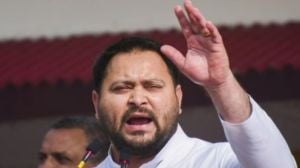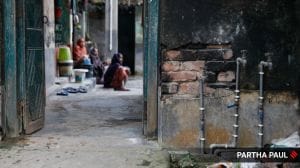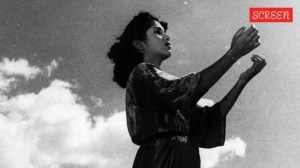Poles,Russians gather in festive mood before game
Polish and Russian fans gathered in a festive mood on the streets of Warsaw.
Polish and Russian fans were gathering in a festive mood on the streets of Warsaw before a Euro 2012 match Tuesday in defiance of bitter history between their nations.
Some newspapers sought to stir Polish emotions with headlines which read “Attack the Muscovites,” in the Super Express tabloid,and “This is more than a match,” in Rzeczpospolita.
Meanwhile,TVN24 footage showed the Cabinet of Prime Minister Donald Tusk ending its weekly session holding Poland team scarves up and chanting a traditional fan line: “Into battle,Poles,into battle.”
Security will be heightened around the time of the night game at Warsaw’s National Stadium,officials said.
Police will be in greater presence in the streets and especially vigilant during a march that thousands of Russian fans plan to make from the city center across the Vistula River to the stadium. They want to inspire their team,but also to celebrate a national holiday,Russia Day,that marks the 1990 declaration of Russia’s independence from the Soviet Union.
Warsaw authorities said they saw no reason to deny the fans’ request to hold the march,but had asked them to observe the law.
The Russia Day should also bring positive connotations to the Poles,because it meant the end of the Soviet Union that dominated Poland for decades after Word War II.
But with centuries of hostility between the two nations,to many Poles the sight of Russians marching in a group on their streets would be provocative.
Sports Minister Joanna Mucha appealed to all fans to observe security regulations on this “exceptionally difficult day.”
More police will be on the streets and officers will be instructed to check documents of trouble-making fans,Interior Minister Jacek Cichocki said. Police will also check people for explosives and dangerous objects at entrances to the stadium and security measures at the downtown fan zone will also be increased,he said.
Tusk said he was more concerned about law and order in the hours after the match,when emotions could be riding high. Some 12,000 Russian fans are expected in the stadium and in the downtown fan zone,where they can watch the game on two giant TV screens.
For many Poland and Russian supporters,some of whom played football with each other on Tuesday,past conflicts really are history.
“Of course,there is a part of history between Poland and Russia,however I hope that (they) love the football,and that the atmosphere will be much better,” said Michal Kolmus,a Poland fan from Warsaw.
Russia supporter Stanislav Pavnyk believes that a “lot of people in Poland and Russia are like friends,and they don’t have something to fight for,it is just history.”
The mutual bitterness is “more like politics,and it is more like only newspapers,” said the fan from Nizhny Novgorod.



- 01
- 02
- 03
- 04
- 05




























